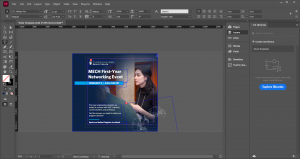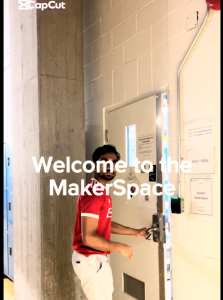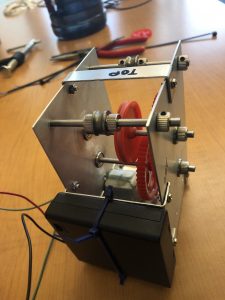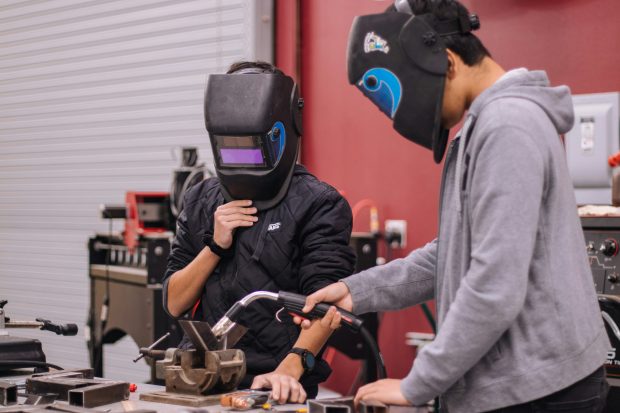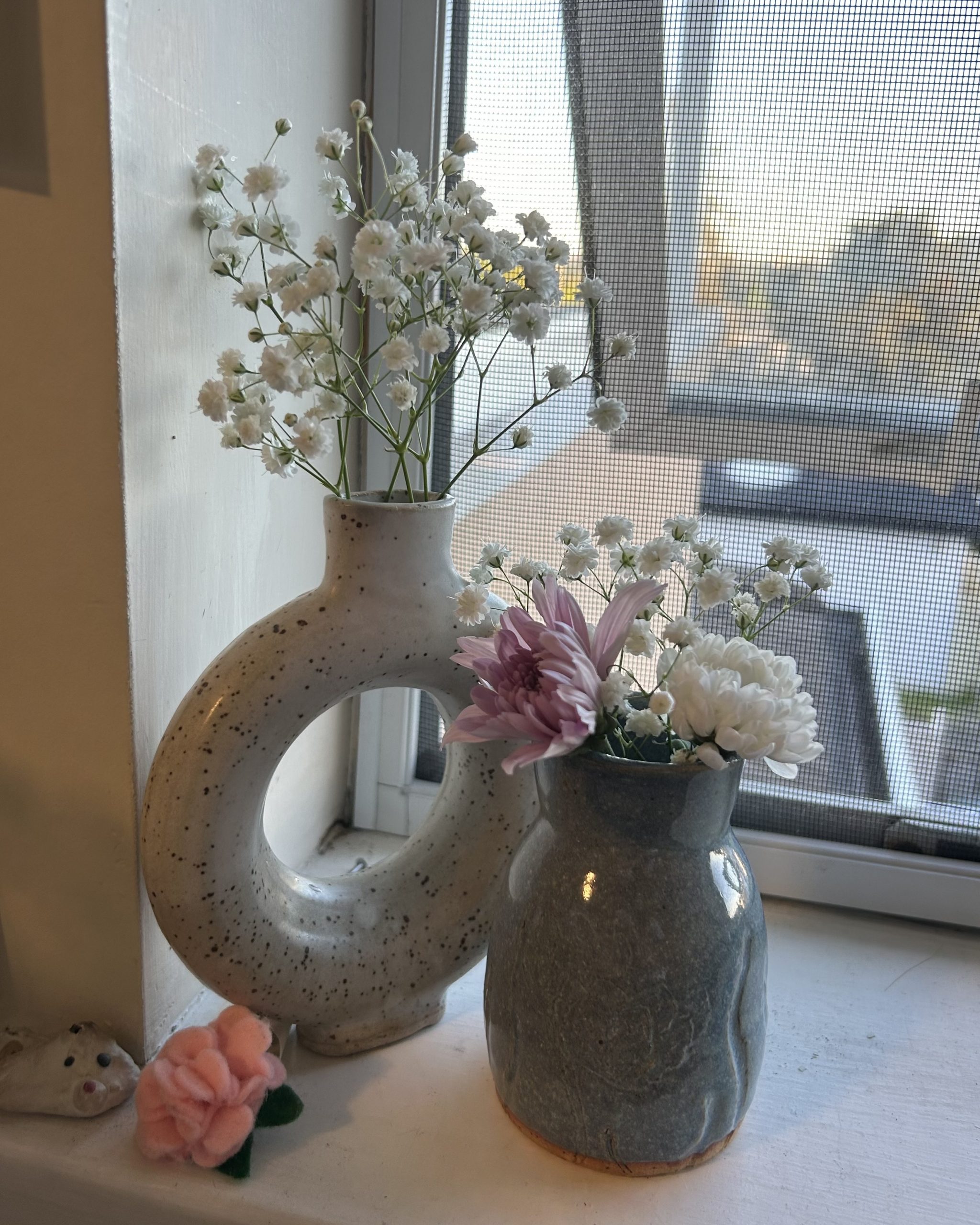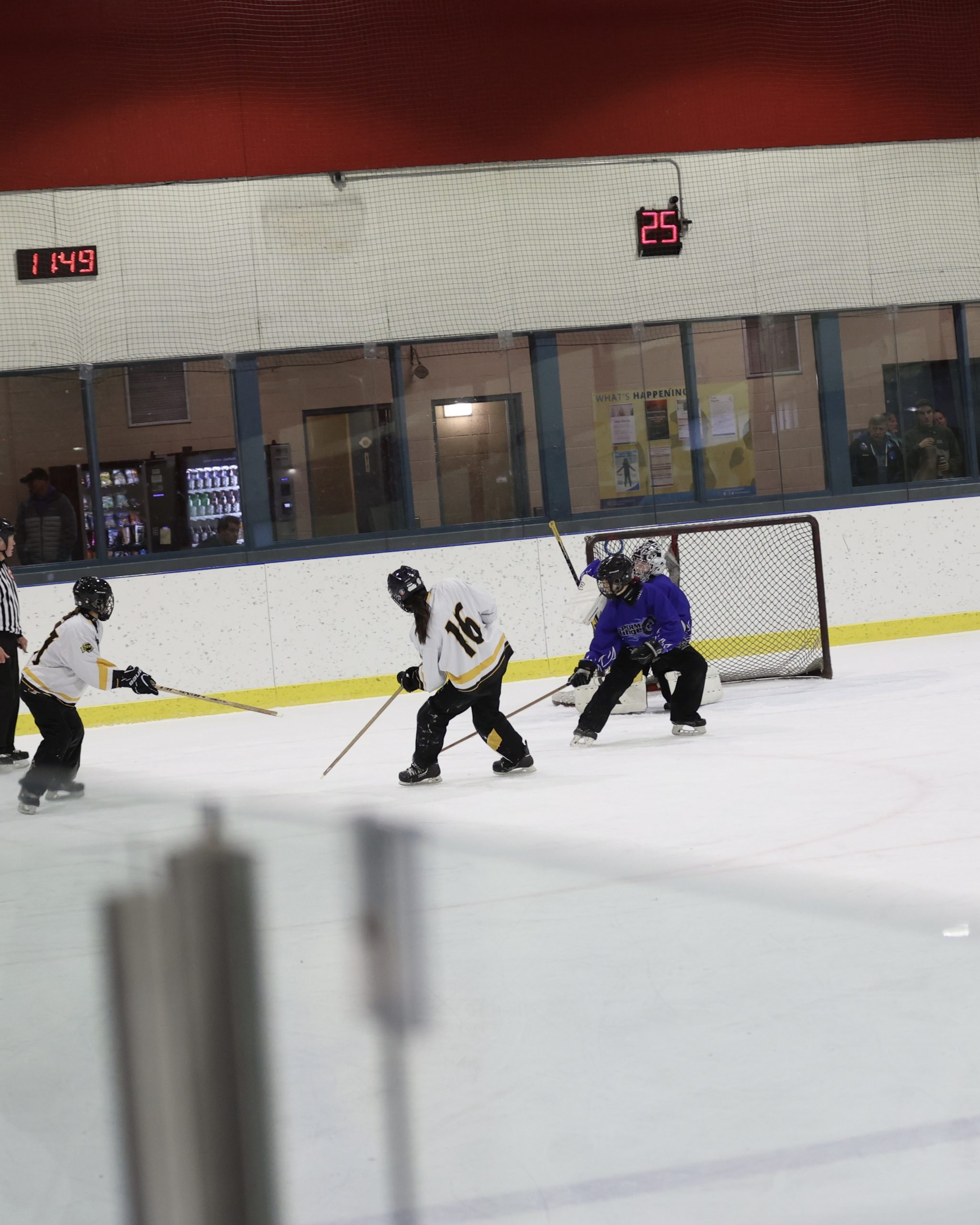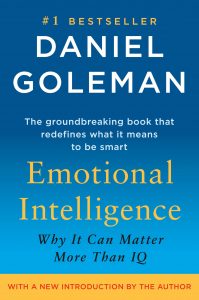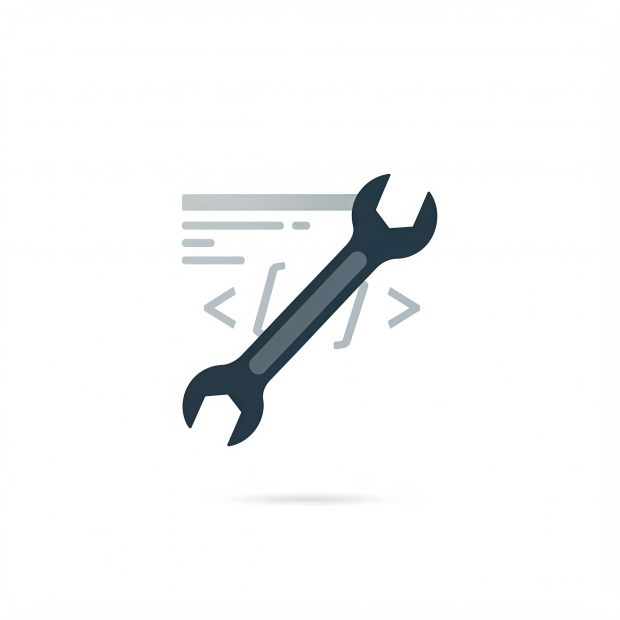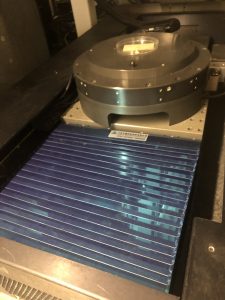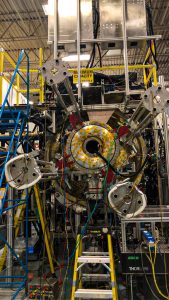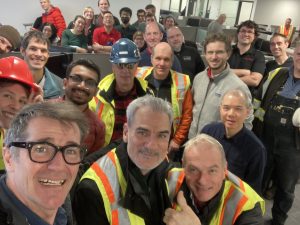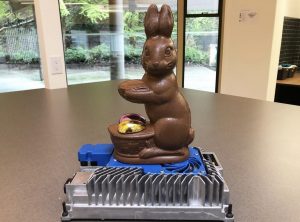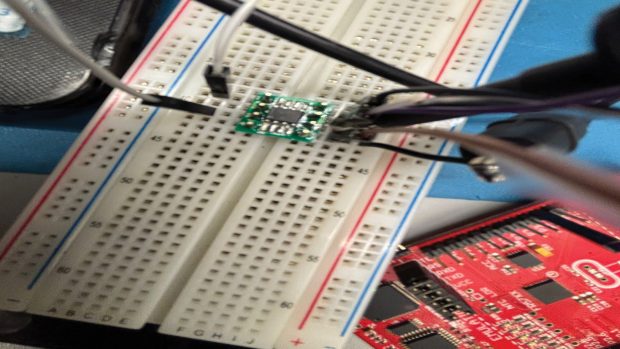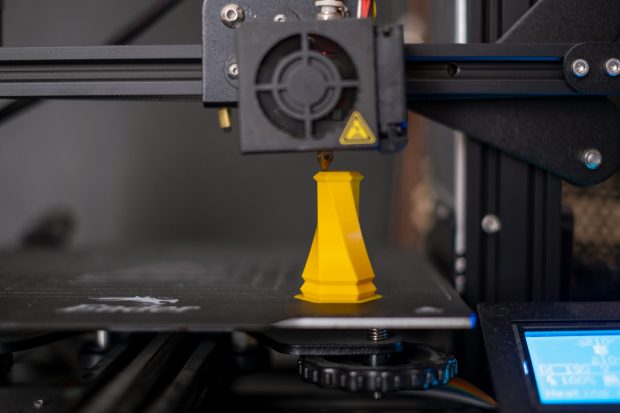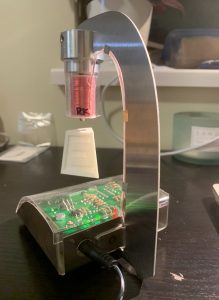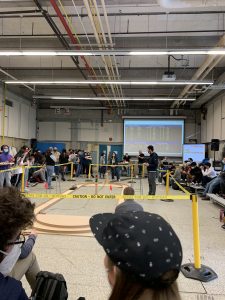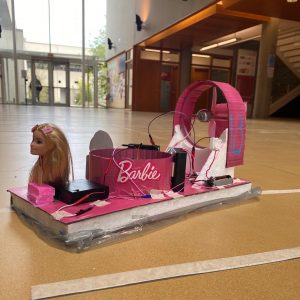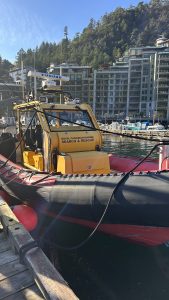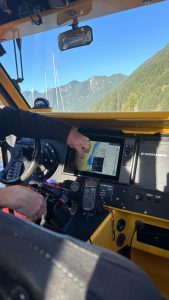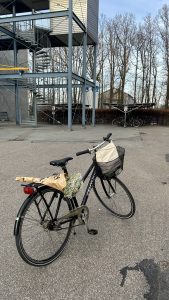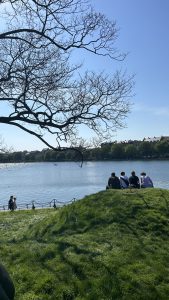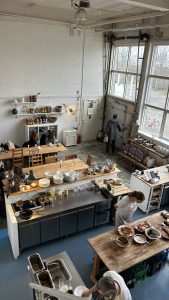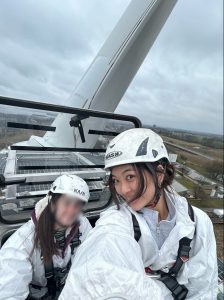Hey everyone,
As the term winds down, it’s time to say goodbye—not just to this role, but to UBC itself. This is probably my last blog post—not just as a Work Learn student, but as a student. It’s a strange, bittersweet feeling as I count down the final days here. Through these blogs, I’ve tried to share useful insights—whether that was about project ideas, Co-op, or research. I’ve also shared moments of joy, anxiety, fear, and even imposter syndrome. But today, I’m turning the focus inward. This post is about what this experience has meant to me.
Why I applied for this role
First off, I’m incredibly grateful to UBC Mech and my supervisor for giving me the opportunity to work as a Student Web Assistant in my final year. Last summer, I was looking for a part-time job—something flexible that could work around my chaotic Mech schedule. As anyone in the program knows, Mech is intense. School comes first, but bills don’t wait. I needed a role that could handle projects and last-minute assignment scrambles. And luckily, I found one that felt close to home.
I call UBC Mechanical Engineering my home because this department has given me so much! It’s where I did my first research internship. It gave me the chance to dive into my favorite specialization. It introduced me to some of the coolest, most talented people—many of whom I now call my friends. It provided couches for naps between classes (my naps >>> any pending assignment or a class) and microwaves for quick meals. When I saw the opening for this role, I applied without a second thought, and I’m so glad it worked out and here I am working as Web Assistant!
What the work was like
When I first joined this role, I thought it would mostly revolve around maintaining the website, front-end bug fixes and search engine optimization. And to be fair, that was a big part of it. But what I didn’t expect was how much more I would learn along the way. I got the chance to improve my Photoshop skills, explore Adobe InDesign and Illustrator, and sharpen my design abilities. And when an engineer picks up design skills? That’s always fun!
As many of you know, I love photography, and these skills will definitely help me take my hobby a step further—maybe even towards creating digital art someday. But beyond the technical skills, this job gave me something far more valuable: the ability to organize my thoughts.
This past year has been a whirlwind. Between an intense course load, job applications, constant rejections, trying to stay healthy, work, manage expenses—just life in general—it felt like my mind was always racing in a million directions. As a man, expressing emotions isn’t always easy. There’s this unspoken expectation to always be strong, to have it together. Before university, I used to sketch a lot—character portraits that reflected my thoughts and emotions. But as academics took over, I stopped, and over time, I think I lost that outlet. I kept pushing my feelings aside, telling myself that a great workout or a game of soccer would be enough. While those things do help, the question on lack of communicating emotions still remains.
Writing these blogs changed that. When I wrote about prioritizing mental health before exams, I think I wasn’t just writing for you all—I was reminding myself of it too. With the rise of generative AI, I’ve barely written anything by hand in years. But these blogs forced me to slow down, to gather my scattered thoughts, and to give them direction. And in doing so, they gave me back a piece of myself I didn’t even realize I had lost.
The best part of the role
Hands down, the people. First and foremost, my incredibly talented coworker and friend, Rachel—whether it was running tours, filming Mech promo videos, or just goofing around, it’s been an absolute blast working together!
Beyond that, it was the student team—running events together made the job more dynamic and fun. And then there were all the faculty members I met at events. Seeing them outside the classroom, hearing their stories and humor—it gave me a whole new perspective on the people teaching us.
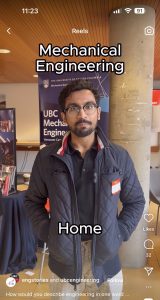
Me representing Mech at First year Networking Event (my facial expression looks terrible cause I’m in the middle of speaking something haha)
Meeting students at tours, networking nights, and open houses was another highlight. Your curiosity and excitement reminded me of my own first year. Back then, I didn’t get to connect with seniors—COVID had just hit—so being on the other side now and getting to be that resource for others has meant a lot.
Wrapping up
As I wrap up this blog series, it’s hard to believe this chapter is coming to a close. But even as I step into the next phase of our lives, I’ll always carry a piece of UBC Mech with me. This department has shaped me in ways I never expected, and I hope it continues to be a place of inspiration, community, and, of course, those ever-essential nap spots for future students.
To anyone who’s been following along with these blogs: thank you. I hope something I wrote helped, even a little. Wishing you good fortunes in the wars to come 🙂
Until next time,
Meet


